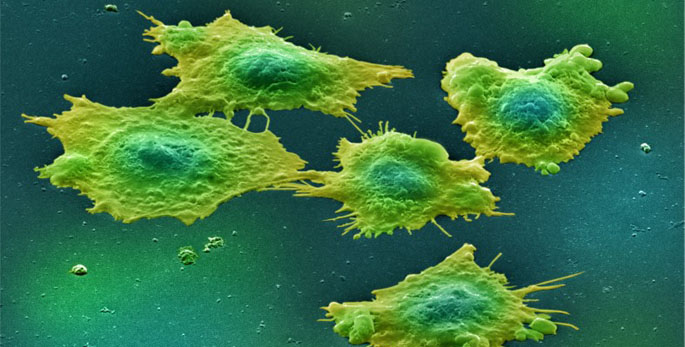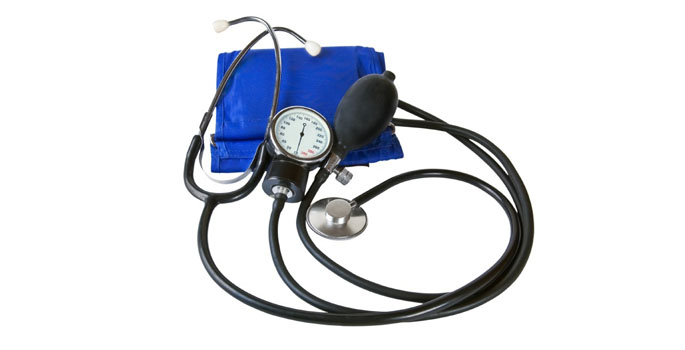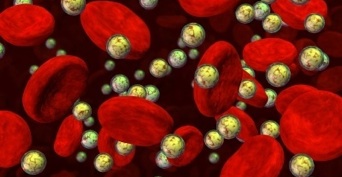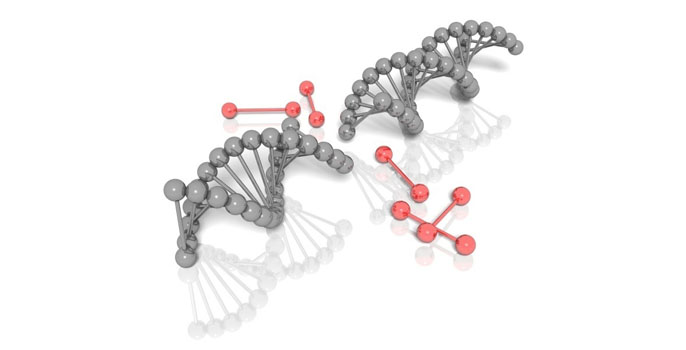Health And Medicine
-

Vanderbilt autism experts available for World Autism Day, National Autism Awareness Month
Autism experts from Vanderbilt University are available for interviews on World Autism Awareness Day, designated by the United Nations as April 2. Read MoreMar 30, 2012
-

Stem cell population may hold colon cancer clues
Vanderbilt-Ingram Cancer Center researchers have identified a new population of intestinal stem cells that may hold clues to the origin of colorectal cancer. Read MoreMar 29, 2012
-

TRIAD director on new CDC findings for autism prevalence
Zachary Warren, director of the Vanderbilt Kennedy Center’s Treatment and Research Institute for Autism Spectrum Disorders at Vanderbilt University, says effective early identification and treatment of autism is a public health emergency. Read MoreMar 29, 2012
-

Vanderbilt researchers find rise in teen hearing loss; offer headphone safety tips
According to a Vanderbilt-led study published in Journal of the American Medical Association, hearing loss is now affecting 20 percent of U.S. adolescents ages 12 to 19, which is a 5 percent increase over the past 15 years. Read MoreMar 28, 2012
-

Vanderbilt cancer investigators win two national GE cancer research grants
Vanderbilt-Ingram Cancer Center investigators have won two of the five global innovation grants awarded by the “GE Healthymagination Cancer Challenge.” Read MoreMar 28, 2012
-

Vanderbilt uses first FDA-approved stent for heart patients with diabetes
Vanderbilt Heart recently used a newly approved medical device to open narrowed coronary arteries, even in heart disease patients who also have diabetes. Read MoreMar 28, 2012
-

Risk of secondary tumors from melanoma drug studied
A new study offers clues on why melanoma patients who are treated with oral drugs inhibiting the BRAF gene are at increased risk for developing secondary skin cancers. Read MoreMar 23, 2012
-

Smoking stokes cells’ cancer capacity
Cellular pathways altered by chronic exposure to cigarette smoke may reveal new biomarkers to assess smoking-induced lung cancer risk. Read MoreMar 23, 2012
-

Obesity turns “good” cholesterol bad
Studies offer new insights into how obesity impairs the function of HDL, the “good” cholesterol. Read MoreMar 21, 2012
-

Mouse model for autism yields clues to a 50-year-old mystery
A genetic variation that causes early disruptions in serotonin signaling in the brain may contribute to autism spectrum disorder and other enduring effects on behavior. Read MoreMar 20, 2012
-

iPOND method goes fishing for proteins
A new tool will allow researchers to identify proteins involved in DNA replication and damage repair, processes that go awry in cancer. Read MoreMar 19, 2012
-

Immune system’s role in prematurity complication studied
Disruptions in immune system regulation may play a role in a deadly complication in premature infants. Read MoreMar 16, 2012
-

Colon cancer’s cellular crossroads
New information about signaling pathways involved in colorectal cancer could aid in assessing prognosis and identifying new therapeutic targets for the disease. Read MoreMar 16, 2012
-

Urine biomarker for colon cancer?
A molecule detectable in urine may be helpful in diagnosing colon cancer. Read MoreMar 10, 2012
-

Vanderbilt expanding research enterprise into Williamson County
With the addition of a new 18,000-square-foot laboratory to be located within the Cool Springs Life Sciences Center, Vanderbilt University is expanding its research enterprise into Williamson County. Read MoreMar 9, 2012
-

Combo combats dizziness
Some patients may need a combo of medications to combat a condition that causes dizziness. Read MoreMar 9, 2012
-

Shyness study examines how brain adapts to stimuli
Shyness may be caused by deficits in the brain. Read MoreMar 9, 2012
-

Reversing lipid woes in cystic fibrosis
Abnormal levels of fatty acids in the blood and tissues of patients with cystic fibrosis may be reversed by supplementation with the fatty acids DHA and EPA. Read MoreMar 3, 2012
-

‘Detangler’ binds, bends and cuts DNA
New details on the DNA-cutting activity of topoisomerase II, a target of anti-cancer drugs, could lead to better chemotherapeutic agents. Read MoreMar 2, 2012
-

Early study hints at ‘brown fat’ as potential diabetes treatment
A new study finds long-lasting reversal of diabetes is possible without insulin through transplantation of brown fat tissue. Read MoreMar 2, 2012